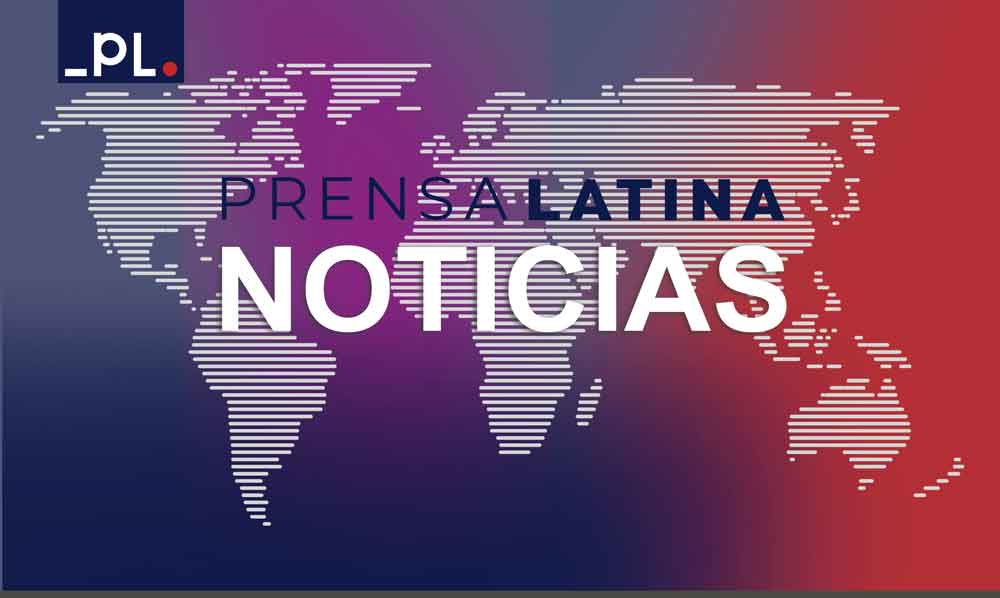Restaurants and food and beverage services will be hardest hit by the measure. By the way, the Pichincha Restaurants Guild released a statement this morning expressing outrage and rejection.
They complained that these power outages pose a significant risk to the safety of our products and the continuity of our operations.
For its part, the Ecuadorian Exporters Association (Fedexpor) also demanded that the national authorities guarantee the service.
We express our deep concern and dissatisfaction at the sudden electricity rationing announcement posted by Fedexpor on its X account.
The Quito Chamber of Commerce expects significant losses as the commercial sector sells $18 million every hour nationwide.
This Friday, the president of this state organization, Mónica Heller, explained that the “lack of foresight of the authorities” on the electrical issue is having “serious” repercussions on the commercial sector, in a key season for small and medium-sized businesses.
“These measures inhibit investment and have a negative impact on job creation,” complained Heller in statements to the Primicias digital portal.
Later, President Guillermo Lasso announced several measures and processes to alleviate the energy crisis and end the blackouts as quickly as possible.
The President explained that medium-term import contracts are being negotiated with Colombia and Peru to improve import prices and ensure energy supplies. The expectation is to reach 200 megawatts (MW) between November and December, he said.
“We are experiencing the worst dry season in 50 years,” Lasso wrote on his social network X this Friday, trying to justify the situation by referring to previous governments.
Ecuadorians blame Lasso for a lack of forecasting amid stormy power outages. Videos circulating on social networks show the onset of chaos in this capital and other cities in the Andean country, with collapsed streets and no traffic lights due to the lack of electricity.
lam/nta

